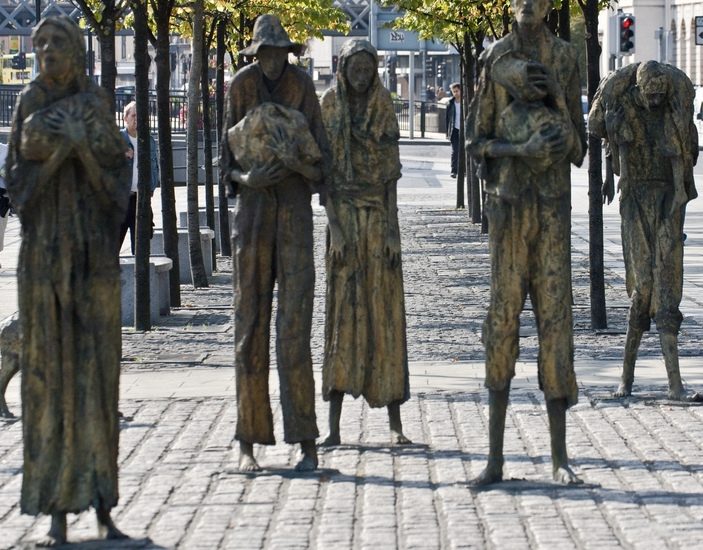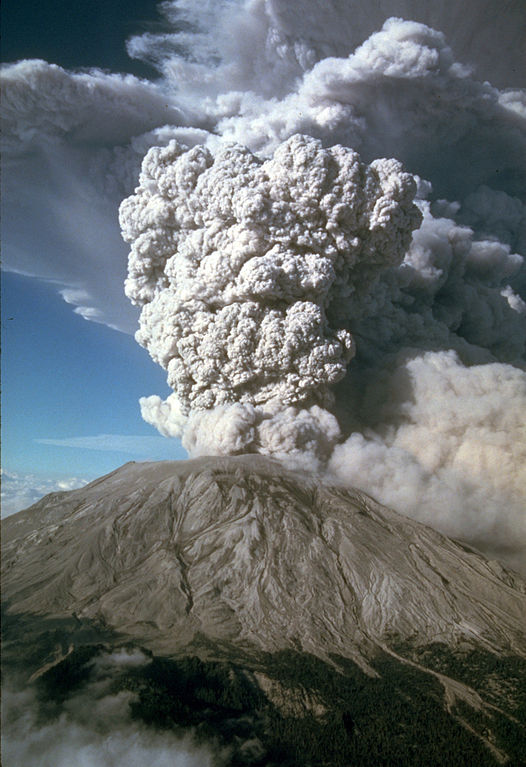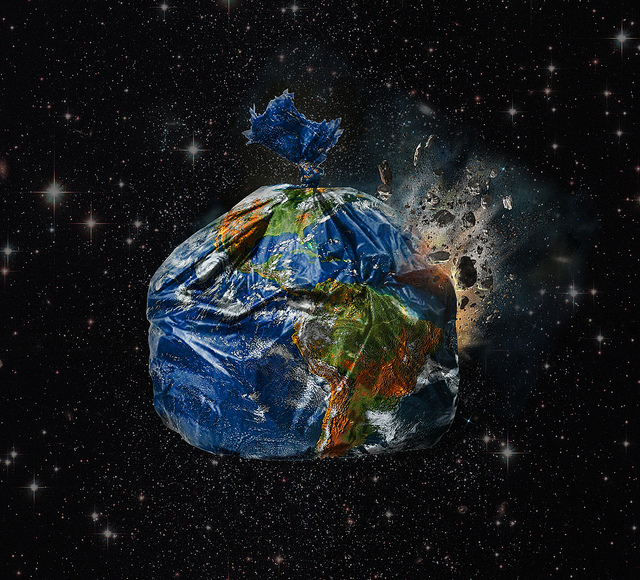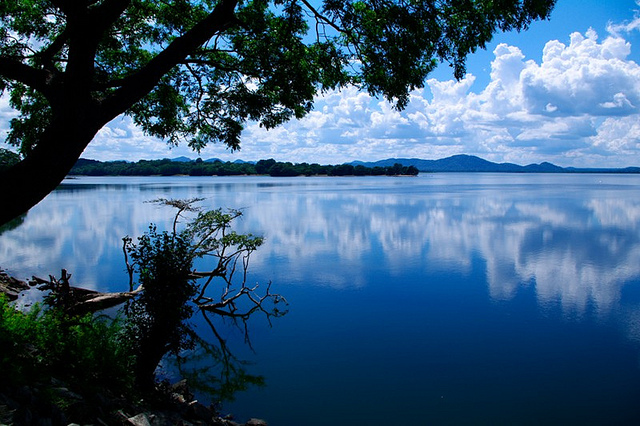Podcast: Play in new window | Download
Subscribe: RSS

Famine, as visualized by sculptor Rowan Gillespie on Custom House Quay in Dublin, Ireland. Famine is what the food stamp program prevents. And the food stamp program is showing signs of breaking down. (Photo by William Murphy/Flickr)
There are stories that confirm our worries that the whole industrial system is about to come apart; and then there are stories that scare the crap out of us because they indicate that the collapse is ongoing and accelerating. This is one of those latter stories, one of those pre-apocalyptic cracks of doom that, like thunder, tell you it’s time to get ready. A Google search this morning finds no mention of this story in the industrial media, but it rages in the alternative sources (many of whom are weaving it into their previously established conspiracy theories as a deliberate act, not another triumph of ineptitude). Continue reading








